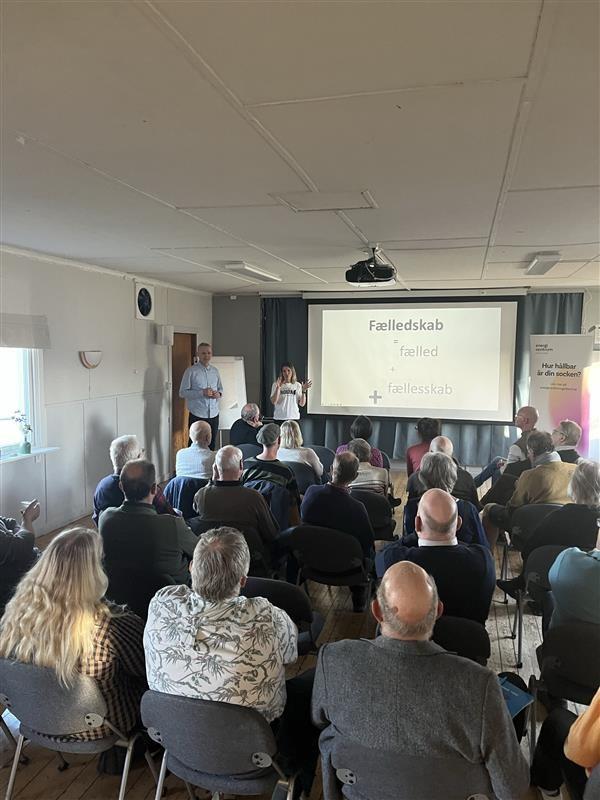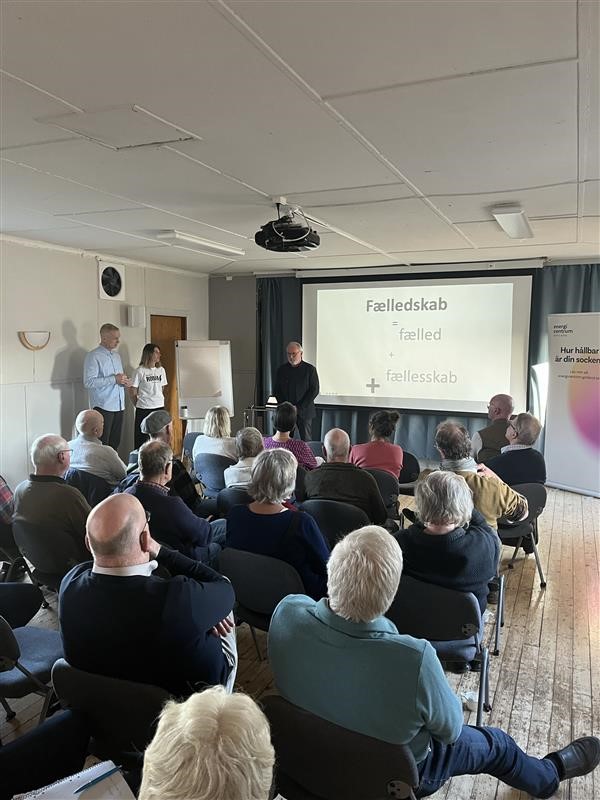
As part of the EU’s 30 by 2030 Clean energy for EU islands initiative, the island of Gotland took a significant step forward in its strategy for community engagement and participation. In collaboration with the Energy Academy of Samsø, Denmark, a practical workshop (08 April 2025) was held to explore effective methods of fostering local involvement in the energy transition.
Organised by Energicentrum Gotland and led by sustainability expert Mr Sören Hermansen, the workshop took place in the village centre of Roma, just outside Visby. The event aimed to equip local staff with conflict-resolution tools and participatory practices tested successfully in other island communities.
“Designing a clean energy transition plan like the CETA (Clean Energy Transition Agenda) is one thing,” said Hermansen, “but implementing it in real time with active community engagement is something entirely different. If not introduced correctly, even the best plans risk creating division rather than solutions.”
Participants engaged in open and constructive dialogue about the opportunities and challenges of shifting towards renewable energy. Drawing on lessons from Samsø—a pioneer in citizen-driven energy solutions—Hermansen shared practical insights into how small communities can navigate complex societal change.
The workshop was well received by attendees, who appreciated the honest discussion and exchange of experiences. It also served as a live test of the engagement methods being developed for use across Gotland's local communities.

With the EU islands secretariat’s emphasis on collaboration and knowledge sharing, Gotland’s initiative reflects a broader recognition that a successful energy transition hinges not only on technology but also on trust, transparency, and active participation.
